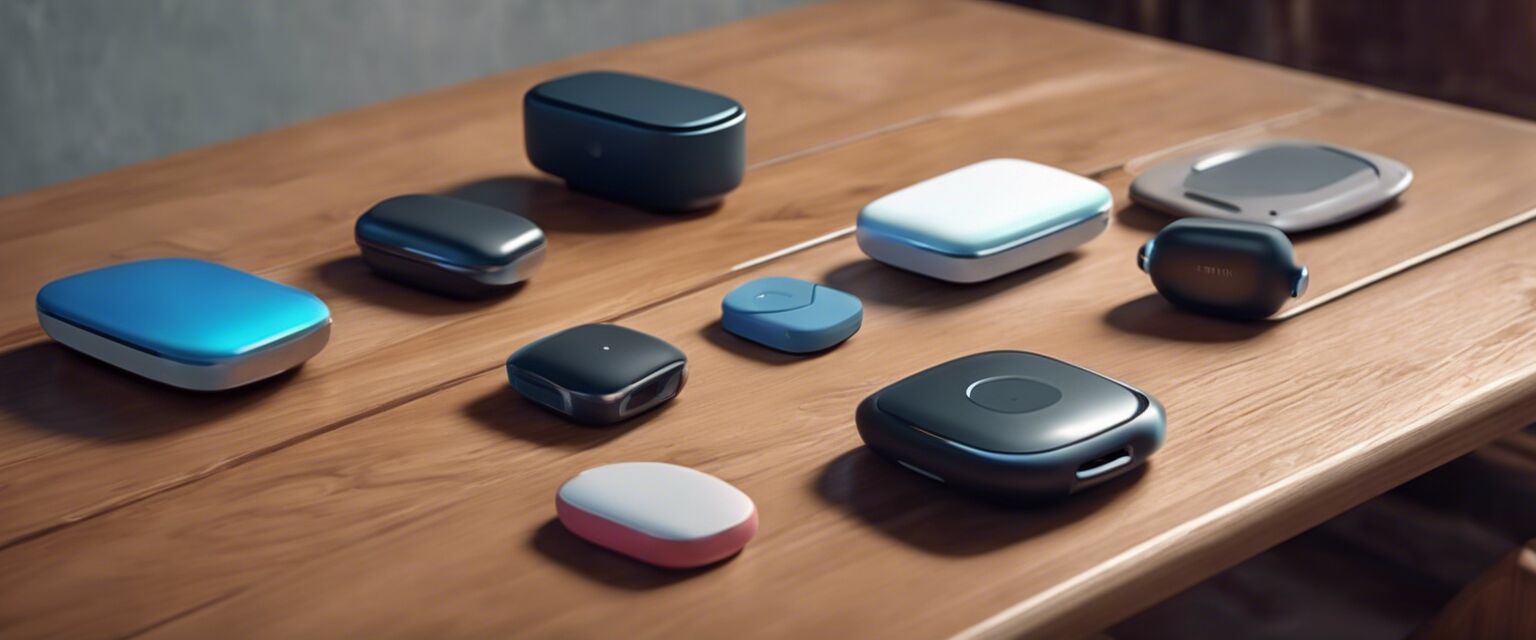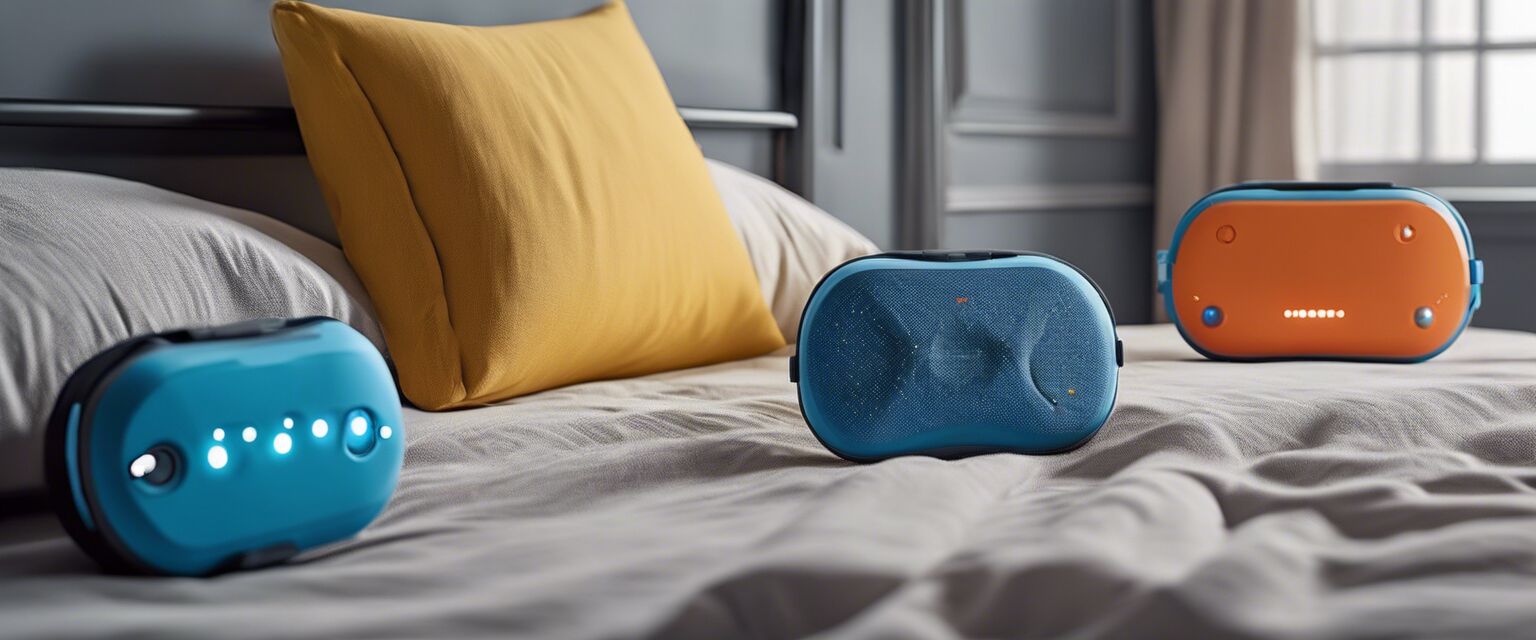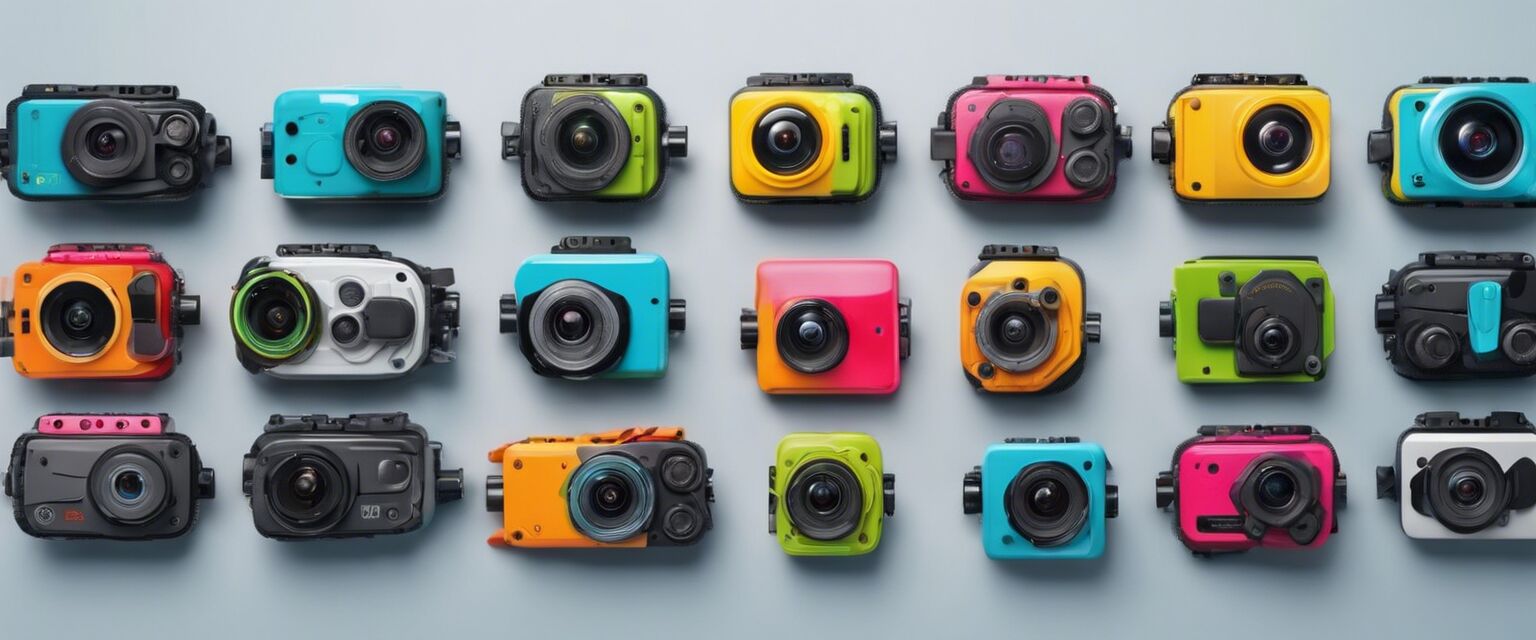Child-Friendly Fitness Trackers
In today's digital age, keeping track of children's activity levels has never been easier or more fun. Child-friendly fitness trackers are designed not only to monitor physical activity, but also to promote health and safety. This article explores various options available in the market, focusing on their features, benefits, and how they can be a valuable tool for parents looking to keep their kids active.
Key Takeaways
- Fitness trackers for kids promote physical activity and healthy habits.
- Many models include safety features like GPS tracking.
- Durability and water resistance are crucial for children's devices.
- Parental controls help monitor usage and set limits.
- Consider age-appropriate designs that appeal to children.
Why Choose Fitness Trackers for Kids?
Fitness trackers designed for children offer a range of benefits that go beyond simple activity tracking. Here are some reasons why these devices are popular among parents:
- Encourages Active Lifestyle: Tracking steps and activities motivates children to be more active.
- Educational Tools: Many trackers come with features that teach kids about fitness and health.
- Safety Features: Advanced models often include GPS tracking for peace of mind.
- Fosters Independence: Kids can learn to manage their own fitness goals.
Features to Look for in Kid-Friendly Fitness Trackers
When selecting a fitness tracker for your child, consider the following features:
- Durability and water resistance
- User-friendly interface
- Battery life and charging options
- Compatibility with mobile apps
- Customizable watch faces and themes
Popular Types of Fitness Trackers for Kids
Fitness trackers come in various forms, each catering to different needs. Here are some of the most popular types:
| Type | Features | Age Range |
|---|---|---|
| Basic Activity Trackers | Step counting, sleep tracking | 5-12 years |
| Smartwatches | GPS, messaging, games | 8-15 years |
| Health Monitors | Heart rate monitoring, activity goals | 10+ years |
| Wearable Cameras | Video recording, photo taking | 7-14 years |
Comparison of Top Fitness Trackers for Kids
| Fitness Tracker | Features | Price Range |
|---|---|---|
| Activity Tracker A | Step tracking, customizable bands | $30 - $50 |
| Smartwatch B | GPS, games, messaging | $60 - $120 |
| Health Monitor C | Heart rate, sleep analysis | $50 - $80 |
| Wearable Camera D | Photo capture, video recording | $45 - $90 |
Safety Features in Fitness Trackers
Safety is a primary concern for parents, and many fitness trackers come equipped with features that enhance child safety:
- GPS Tracking: Allows parents to monitor their child's location in real time.
- Emergency Alerts: Some devices can send alerts to parents in case of emergencies.
- Parental Controls: Limit screen time and access to certain features.
Tips for Choosing the Right Fitness Tracker
Beginners Section
- Assess the age and interests of your child before choosing a model.
- Look for trackers that offer rewards and challenges to keep kids engaged.
- Ensure the tracker has a comfortable fit and is easy to wear.
- Read reviews and compare features before making a purchase.
- Consider the battery life and how often the device needs to be charged.
Conclusion
Child-friendly fitness trackers are a great way to encourage kids to stay active while giving parents peace of mind. With the right features, these devices can promote a healthy lifestyle and keep children safe. By considering the factors discussed in this article, parents can make informed decisions when selecting the best fitness tracker for their child.
Additional Resources
- Explore activity trackers
- Check out emergency gadgets
- Learn about GPS trackers
- Find health monitors
- Discover smartwatches
Pros
- Encourages kids to be active
- Features for safety and tracking
- User-friendly designs
- Educational benefits
Cons
- Some devices can be expensive
- Battery life may vary
- Not all features may be suitable for younger children








